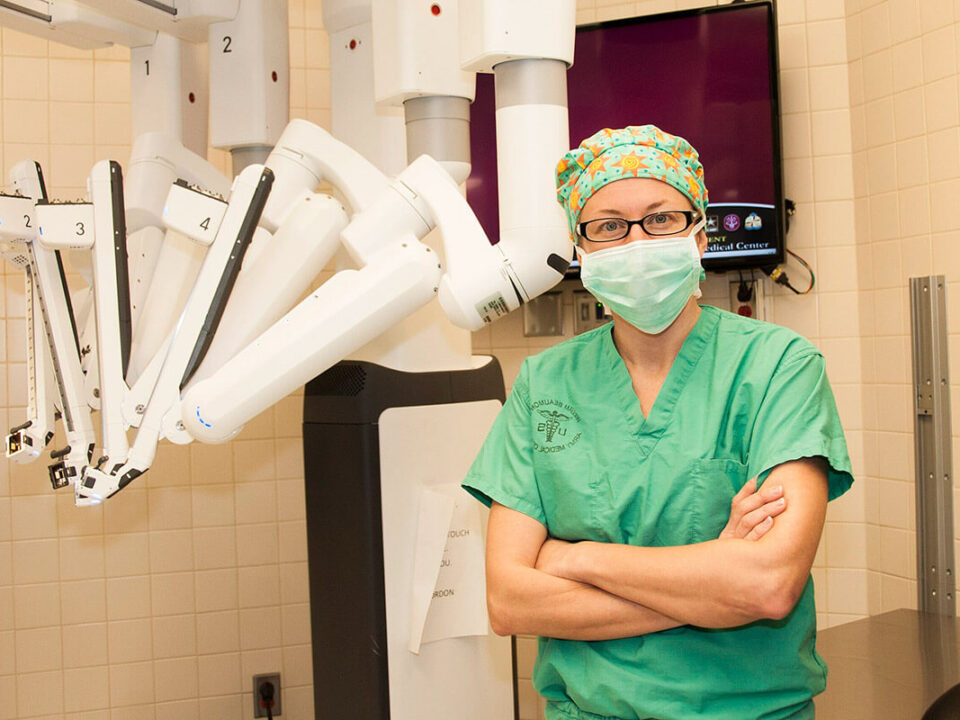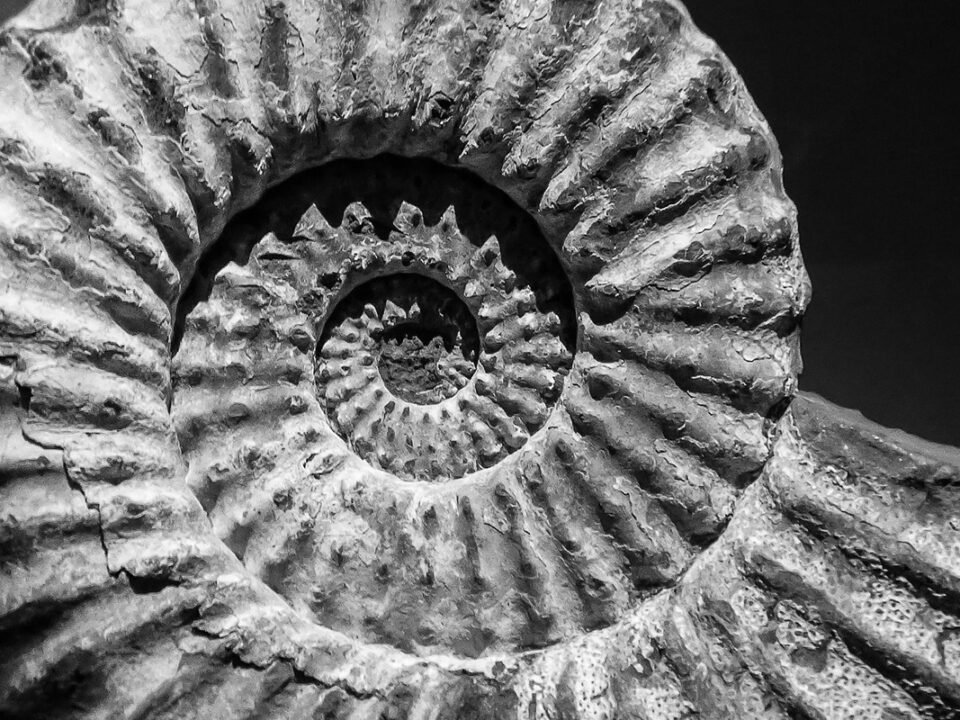June 20, 2025
As I have mentioned repeatedly in this series on the science of purpose, the debate between intelligent design (ID) and naturalism has shifted decidedly in favor of ID over just the past two decades. I have warned that one of the few remaining avenues that naturalism can take to rescue its paradigm is to appropriate “purpose” within a materialist framework. Not surprisingly, an overt attempt is underway by atheist scientists to do just that. “Evolution on Purpose” MIT Press has recently published Evolution on Purpose, a collection of essays by leading theoretical biologists whose overt goal is to demonstrate how purpose, in the […]









